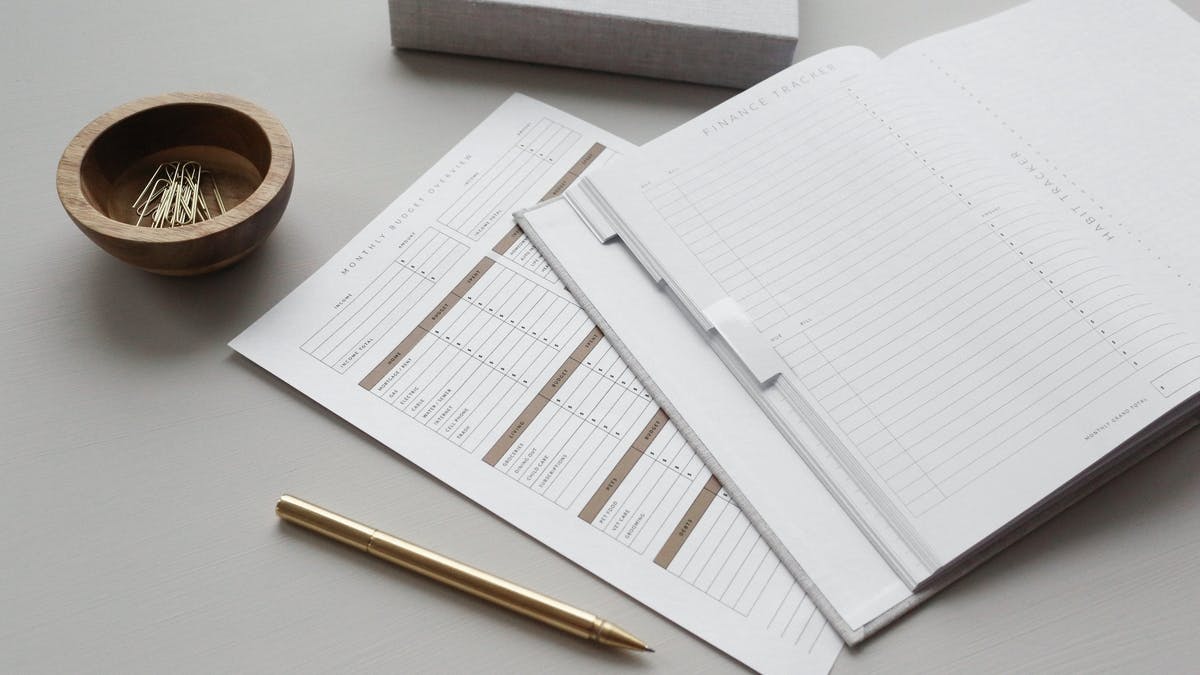The government is implementing measures to make payroll taxes more equitable for businesses.
The payroll tax‐free threshold currently stands at $700,000, which is deemed insufficient. In an effort to better support small businesses throughout the state, starting from July 1, 2024, the tax‐free threshold will be raised to $900,000. Moreover, a subsequent increase to $1 million will be from July 1, 2025.
These reforms are expected to benefit approximately 26,000 businesses in Victoria, potentially saving them up to $14,550 per year. Notably, around 6,000 of these businesses will no longer be required to pay payroll tax at all. These advantages will gradually phase out for larger businesses to ensure that the assistance is effectively targeted.
Goodbye to insurance duty
The government aims to reduce the financial burden on businesses by abolishing business insurance duty, making Victoria the first state in Australia to do so. The rate of insurance duty on various types of insurance, including fire and industrial special risks, public and product liability, professional indemnity, employer’s liability, and marine and aviation insurance, will be gradually reduced by one percentage point each year, beginning on July 1, 2024.
These reforms have the potential to save businesses approximately $3,200 on professional indemnity insurance and $2,400 on fire and other special risk insurance over a cumulative period of 10 years.
In addition to these measures, the government is actively working on making it easier to establish and operate small businesses in Victoria through its regulatory reform agenda.
Overhauls stamp duty
Another significant change lies in the transformation of stamp duty on commercial and industrial properties. The State Budget proposes shifting from the current stamp duty system to an annual property tax, which would be applicable ten years after the property’s purchase. This modification aims to streamline taxation and provide businesses with a more predictable financial landscape.
Furthermore, the benefit of the tax-free threshold is set to phase out for larger businesses gradually. This measure seeks to ensure that support is effectively targeted, benefiting smaller enterprises that may require greater assistance.
Mixed bag budget
The Australian Retailers Association (ARA) has expressed its support for the proposed measures to strengthen small businesses in Victoria. But, the association has also voiced concerns regarding the potential economic consequences resulting from the newly introduced COVID Debt Levy. The ARA cautions that this levy could make Victoria’s business landscape increasingly expensive, thereby raising concerns about the overall economic environment.
In addition to the COVID Debt Levy, the State Budget introduces additional payroll tax burdens for larger businesses. Those with national payrolls exceeding $10 million per year will face an additional 0.5 per cent payroll tax for the next ten years. Moreover, businesses with payrolls surpassing $100 million annually will be subject to an extra 0.5 per cent increase, resulting in a total 1.0 per cent increment for these larger entities.
While the aim behind these changes is to ensure fair taxation, concerns have been raised about the potential impact on the economic climate. “Today’s Budget contains some positives for small business, but the wider economic implications are concerning,” ARA CEO Paul Zahra noted.
“While we understand the Government’s desire to repay debts accrued during the protracted pandemic lockdowns, we’re very concerned about the ramifications of payroll tax hikes on businesses.
“In effect, the payroll tax is a tax on jobs.”
“The cost of doing business is at a crisis point for many retailers – from the costs of goods and services to supply chain costs, higher wages, higher rents and costs associated with retail crime. These new and increased taxes are likely to manifest in job losses and increased customer prices, which further contribute to the cost of living crisis.
“Last week, the Government announced increases to WorkCover premiums and today significant increases to payroll tax – Victoria is one of the most expensive Australian states to do business.”
Mr Zahra welcomed the Government’s decision to raise the payroll tax-free threshold for small businesses up to $1 million by 2025.
“This new $1 million threshold better serves small businesses. Wage growth has remained strong over recent years, so it’s great that the payroll tax-free threshold will reflect this,” Mr Zahra added. “This is especially valuable for new small businesses, to have a wider net of tax relief while they’re first getting off the ground.
The ARA also welcomed funding to support the delivery of an expanded state nomination visa program – streamlining access to skilled labour and praised the Government’s plan to abolish business insurance duties – reducing 1 per cent each year from 2024.
An investment of $30 million in the Business Acceleration Fund will support regulators to make it easier for small businesses to innovate and grow. Mr Zahra said he looks forward to engaging with the state’s first Economic Growth Commissioner, who will investigate productivity opportunities and make recommendations on growth impediments that need to be addressed.
More here.
Keep up to date with our stories on LinkedIn, Twitter, Facebook and Instagram.

